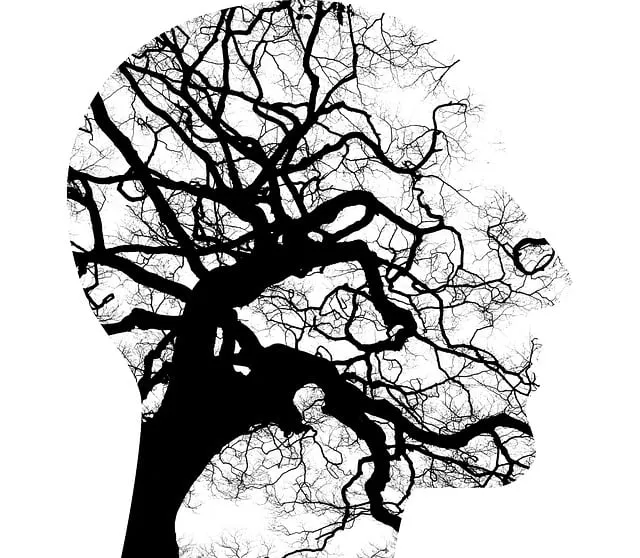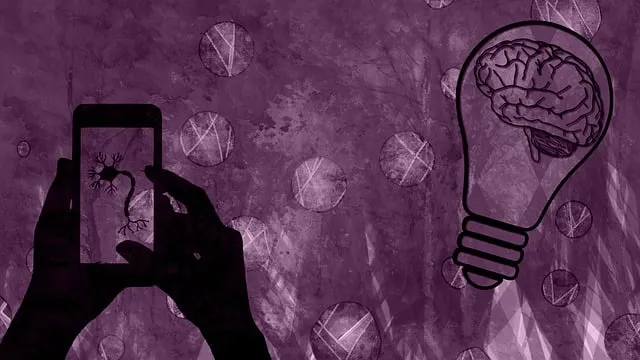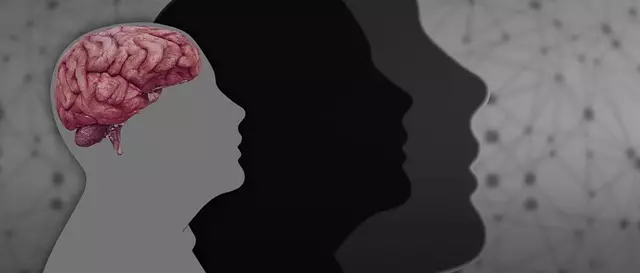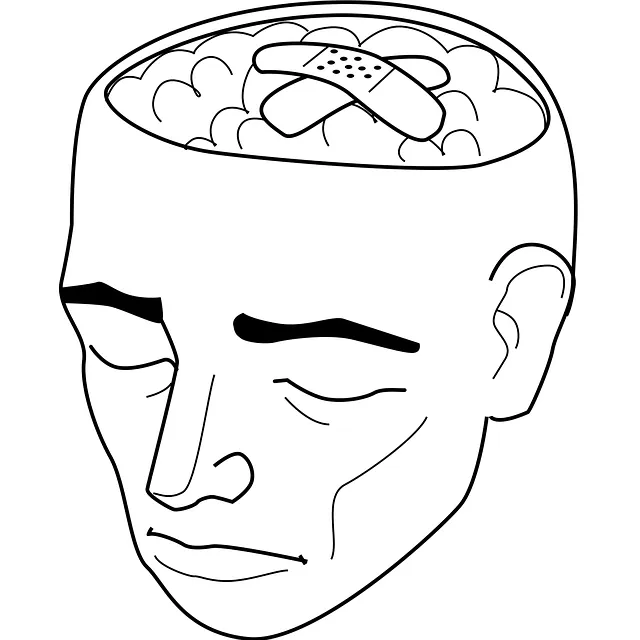Diagnosing mental illnesses accurately is challenging due to diverse symptoms and overlapping conditions, but Kaiser Permanente Lone Tree has implemented innovative programs like the Community Outreach Program and a Mental Wellness Podcast Series to enhance diagnosis accuracy. They promote self-assessment tools and open communication between patients and behavioral health professionals. Their dedicated phone line for behavioral health support in Lone Tree offers easy access to trained professionals, who provide initial assessments, direct individuals to resources, or arrange face-to-face appointments with specialists. This service, combined with self-care practices, empowers patients to take charge of their mental health, improving diagnosis and overall outcomes.
Mental illness diagnosis accuracy is a critical aspect of patient care, and ongoing efforts are needed to ensure effective treatment. This article explores various strategies aimed at enhancing diagnostic precision, particularly focusing on initiatives by organizations like Kaiser Permanente and the role of remote assessment through behavioral health phone lines. We delve into innovative technologies integrated into healthcare systems and community support networks in Lone Tree that contribute to accurate diagnoses. Understanding these approaches is essential for improving patient outcomes.
- Understanding the Challenges of Mental Illness Diagnosis
- Kaiser Permanente's Approach to Enhancing Diagnosis Accuracy
- The Role of Behavioral Health Phone Lines in Remote Assessment
- Integrating Technology for Better Diagnosis and Patient Care
- Lone Tree Community Support and Resources for Accurate Diagnoses
Understanding the Challenges of Mental Illness Diagnosis

Diagnosing mental illnesses accurately can be a complex task due to the diverse nature and often subtle symptoms presented by individuals. The process involves sifting through various factors, including personal history, current experiences, and behavioral patterns, which may not always be readily apparent. This complexity is further exacerbated by the fact that mental health conditions often coexist with other physical or psychological ailments, creating a layered challenge for healthcare providers.
At Kaiser Permanente Lone Tree, efforts to enhance diagnosis accuracy have included innovative approaches such as the Community Outreach Program Implementation and production of a Mental Wellness Podcast Series. These initiatives aim to improve patient access to resources and knowledge about mental health. Additionally, boosting confidence in self-assessment tools and encouraging open communication between patients and behavioral health professionals play pivotal roles in ensuring accurate diagnoses.
Kaiser Permanente's Approach to Enhancing Diagnosis Accuracy

Kaiser Permanente, a leading healthcare provider, has implemented innovative strategies to enhance the accuracy of mental illness diagnoses, particularly focusing on behavioral health concerns. One notable initiative is their dedicated phone line for Lone Tree residents seeking support in behavioral health. This service acts as a gateway, providing easy access to expert advice and guidance. Trained professionals answer calls, offering initial assessments and directing individuals towards appropriate resources or, if necessary, arranging for face-to-face appointments with mental health specialists.
The organization recognizes the importance of early intervention and accurate diagnosis in managing mental wellness. To this end, they’ve incorporated Self-Awareness Exercises and Stress Management techniques into their support system. By educating patients on recognizing symptoms and promoting practices like Anxiety Relief strategies, Kaiser Permanente aims to empower individuals to take charge of their mental health. This comprehensive approach ensures that diagnosis accuracy is not just a clinical process but also fosters self-care and proactive management of behavioral health concerns.
The Role of Behavioral Health Phone Lines in Remote Assessment

In today’s digital age, remote assessment tools are becoming increasingly vital in mental health care, especially for areas like the Kaiser Permanente behavioral health phone line in Lone Tree. These dedicated phone lines offer a convenient and accessible way to provide initial assessments and support for individuals seeking help with their mental wellness and emotional regulation. By leveraging technology, healthcare professionals can now conduct thorough evaluations, even when face-to-face interactions are not possible or practical.
The process typically involves trained specialists who employ structured interviews and evidence-based assessment protocols over the phone. This method ensures that individuals in remote areas or with limited mobility can still access expert advice and guidance. Moreover, it plays a crucial role in promoting mental health education programs designed to identify and manage various conditions. Through regular monitoring and follow-up calls, these phone lines facilitate ongoing care, enabling better emotional regulation and improved overall mental health outcomes for patients.
Integrating Technology for Better Diagnosis and Patient Care

Integrating technology into mental health care has become a game-changer, particularly for organizations like Kaiser Permanente. By leveraging digital tools, Kaiser Permanente’s behavioral health phone number in Lone Tree offers more accurate diagnoses and personalized patient care. Telehealth services, for instance, enable mental health professionals to reach patients in remote areas, breaking down geographical barriers and expanding access to care. This is especially beneficial for communities with limited resources or where there is a shortage of specialized mental health providers.
Through community outreach program implementation, these technological advancements can further boost confidence among individuals who might otherwise avoid seeking help due to stigma or transportation issues. By promoting self-care practices through digital platforms, patients are empowered to actively participate in their treatment plans. This holistic approach not only improves diagnosis accuracy but also enhances patient satisfaction and outcomes.
Lone Tree Community Support and Resources for Accurate Diagnoses

Lone Tree Community Support and Resources for Accurate Diagnoses play a pivotal role in enhancing mental health care accessibility. Organizations like Lone Tree provide a safe space where individuals can access professional guidance and support, fostering an environment conducive to open discussions about mental wellness. Their services cater to diverse needs, ensuring that anyone struggling with emotional regulation receives tailored assistance.
By offering accessible resources, such as the Kaiser Permanente behavioral health phone number Lone Tree residents can connect with specialists without facing geographical barriers. These initiatives are pivotal in Mental Illness Stigma Reduction Efforts, encouraging people to seek help early on and promoting a community where mental wellness is prioritized.
Mental illness diagnosis accuracy is a multifaceted challenge, but with dedicated efforts like those demonstrated by organizations like Kaiser Permanente, significant strides can be made. By integrating innovative approaches such as remote assessment via behavioral health phone lines and leveraging technology, healthcare providers in Lone Tree and beyond can ensure more precise diagnoses and improved patient care. Continued community support and accessible resources play a crucial role in this process, ultimately fostering better mental health outcomes for all.






